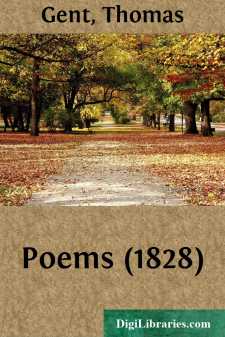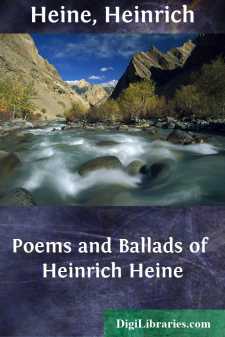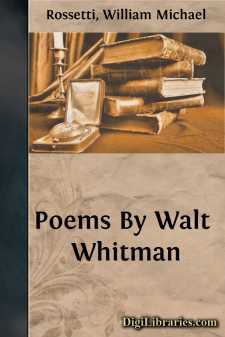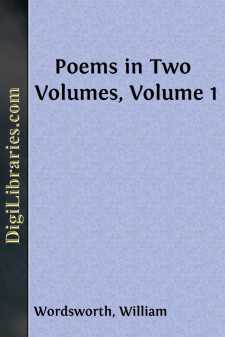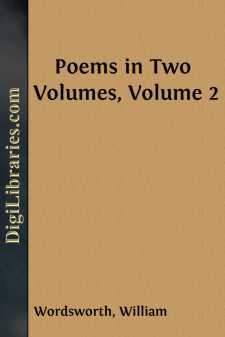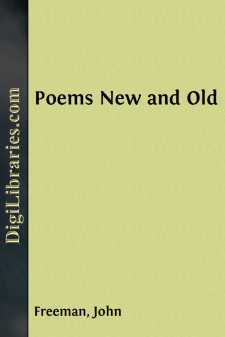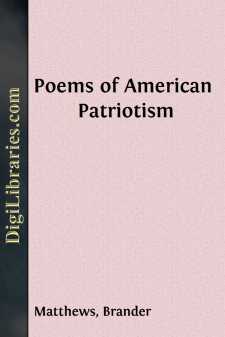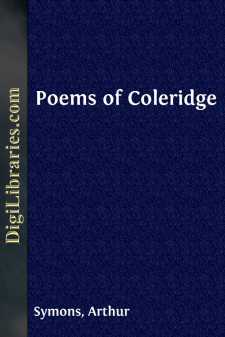Fiction
- Action & Adventure 180
- Biographical 15
- Christian 59
- Classics
- Coming of Age 5
- Contemporary Women 3
- Erotica 8
- Espionage/Intrigue 12
- Fairy Tales, Folklore & Mythology 236
- Family Life 169
- Fantasy 117
- Gay 1
- General 596
- Ghost 32
- Historical 808
- Horror 43
- Humorous 160
- Jewish 25
- Legal 4
- Medical 22
- Mystery & Detective 315
- Political 49
- Psychological 41
- Religious 64
- Romance 159
- Sagas 11
- Science Fiction 730
- Sea Stories 113
- Short Stories (single author) 537
- Sports 10
- Suspense 1
- Technological 8
- Thrillers 2
- Urban Life 31
- Visionary & Metaphysical 1
- War & Military 173
- Westerns 199
Classics Books
Sort by:
A SONG. I. No riches from his scanty store My lover could impart;He gave a boon I valued more— He gave me all his heart! II. His soul sincere, his gen'rous worth, Might well this bosom move;And when I ask'd for bliss on earth, I only meant his love. III. But now for me, in search of gain From shore to shore he flies:Why wander riches to obtain, When love is all I prize?...
more...
by:
Thomas Gent
POEMS. Tis sweet in boyhood's visionary mood,When glowing Fancy, innocently gay,Flings forth, like motes, her bright aërial brood,To dance and shine in Hope's prolific ray;'Tis sweet, unweeting how the flight of yearsMay darkling roll in trials and in tears,To dress the future in what garb we list,And shape the thousand joys that never may exist.But he, sad wight! of all that feverish...
more...
by:
Heinrich Heine
HEINRICH HEINE. (BIOGRAPHICAL SKETCH.) Harry Heine, as he was originally named, was born in Düsseldorf on the Rhine, December 13th, 1799. His father was a well-to-do Jewish merchant; and his mother, the daughter of the famous physician and Aulic Counlor Von Geldern, was, according to her son, a "femme distinguée." His early childhood fell in the days of the occupation of Düsseldorf by the...
more...
During the summer of 1867 I had the opportunity (which I had often wished for) of expressing in print my estimate and admiration of the works of the American poet Walt Whitman.[1] Like a stone dropped into a pond, an article of that sort may spread out its concentric circles of consequences. One of these is the invitation which I have received to edit a selection from Whitman's writings; virtually...
more...
TO THE DAISY. In youth from rock to rock I went From hill to hill, in discontent Of pleasure high and turbulent, Most pleas'd when most uneasy; But now my own delights I make, My thirst at every rill can slake, And gladly Nature's love partake Of thee, sweet Daisy! When soothed a while by milder airs, Thee Winter in the garland...
more...
ROB ROY's GRAVE. The History of Rob Roy is sufficiently known; his Grave is near the head of Loch Ketterine, in one of those small Pin-fold-like Burial-grounds, of neglected and desolate appearance, which the Traveller meets with in the Highlands of Scotland. A famous Man is Robin Hood, The English Ballad-singer's joy! And Scotland has a Thief as good, An Outlaw of as daring...
more...
by:
John Freeman
PART I THE EVENING SKYRose-bosom'd and rose-limb'dWith eyes of dazzling brightShakes Venus mid the twinèd boughs of the night;Rose-limb'd, soft-steppingFrom low bough to boughShaking the wide-hung starry fruitage—dimmedIts bloom of snowBy that sole planetary glow.Venus, avers the astronomer,Not thus idly dancing goesFlushing the eternal orchard with wild rose.She through ether...
more...
by:
Brander Matthews
BOSTON SICUT PATRIBUS, SIT DEUS NOBIS RALPH WALDO EMERSON [sidenote: Dec. 16, 1773] This poem was read in Faneuil Hall, on the Centennial Anniversary of the "Boston Tea-Party," at which a band of men disguised as Indians had quietly emptied into the sea the taxed tea-chests of three British ships. The rocky nook with hill-tops three Looked eastward from the farms, And twice each...
more...
by:
Arthur Symons
In one of Rossetti's invaluable notes on poetry, he tells us that to him "the leading point about Coleridge's work is its human love." We may remember Coleridge's own words: "To be beloved is all I need, And whom I love, I love indeed." Yet love, though it is the word which he uses of himself, is not really what he himself meant when using it, but rather an...
more...
by:
John S. Sargent
INTRODUCTORY NOTE. Emile Verhaeren, remarkable among of the brilliant group of writers representing "Young Belgium," and one who has been recognized by the literary world of France as holding a foremost place among the lyric poets of the day was born at St. Amand, near Antwerp, in 1855. His childhood was passed on the banks of the Scheldt, in the midst of the wide-spreading Flemish plains, a...
more...



